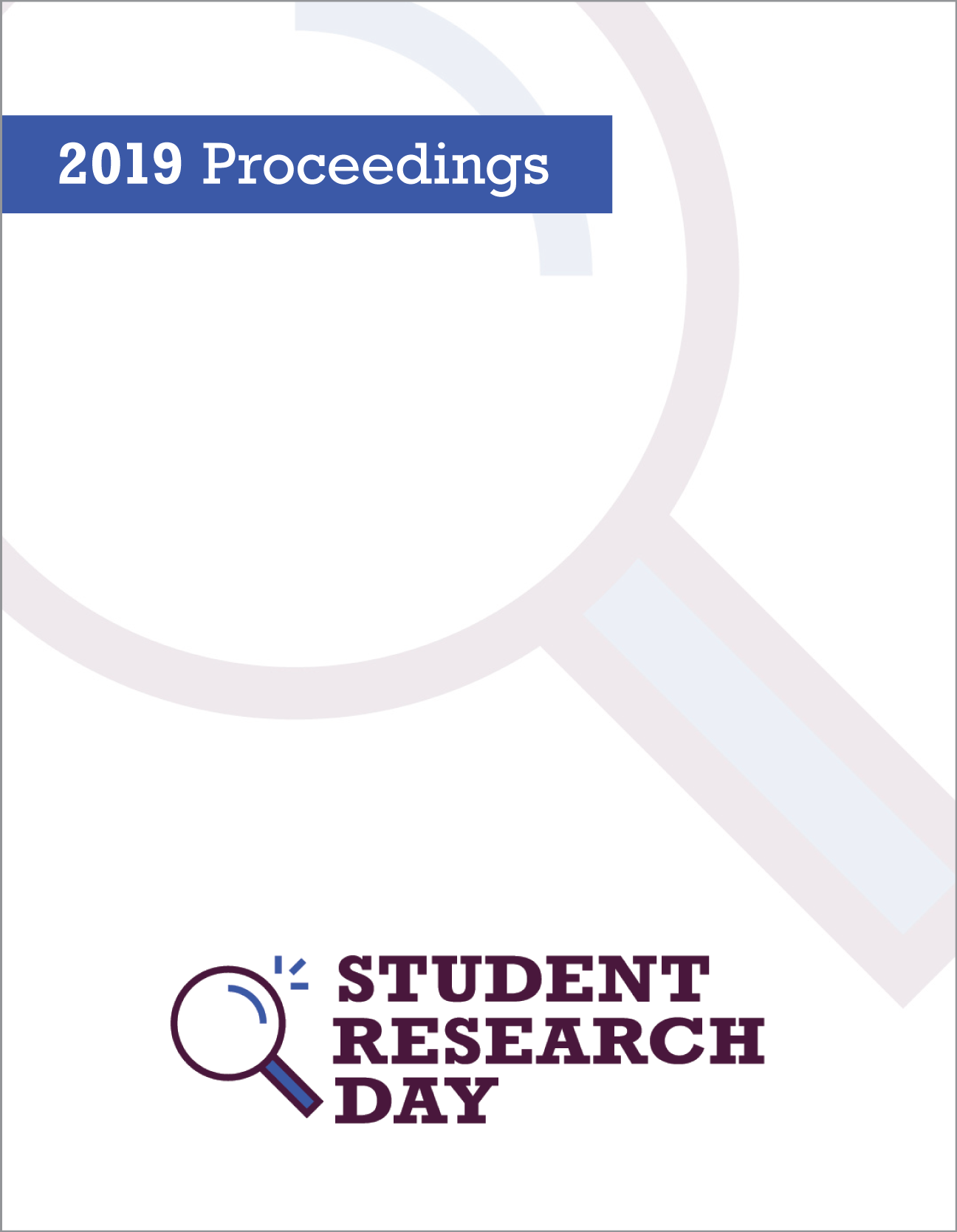Investigating Critical Thinking, Pseudoscientific Beliefs, and Scientific Literacy in Elementary School Students
Abstract
The importance of critical thinking and the ability to differentiate falsehood from fact is difficult to discount. By having these skills, individuals are less susceptible to circumstances like malicious interests, scams, and exaggerated claims. Previous research studying pseudoscientific beliefs and scientific literacy in adults indicates that despite receiving an education in science and the social sciences in elementary, junior high, and high school, pseudoscientific thinking persists and is common amongst post-secondary students. Furthermore, research shows that participation in an intervention where pseudoscientific principles are presented and debunked is effective in reducing pseudoscientific thinking. This study aims to understand the current level of scientific competency in elementary school children and create an intervention to increase scientific literacy and skepticism within that grade group. One of the goals of this research is to create an educator resource so that pseudoscientific principles can be better incorporated into elementary science education.
Faculty Mentor: Rodney Schmaltz
Department: Psychology (Honours)
References
Published
Issue
Section
License
Authors retain any and all existing copyright to works contributed to these proceedings.



